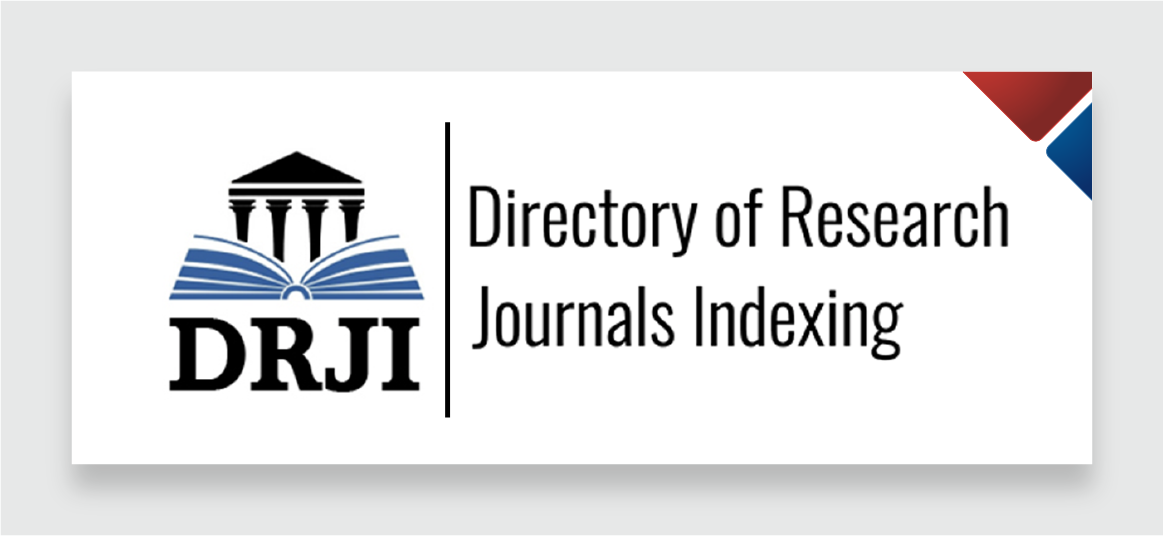Effect Of Combination Decafeinated Green Tea and Green Coffee In Reducing Cholesterol Levels In Patients With Metabolic Syndrome
Abstract
Background: Green tea and green coffee are natural ingredients that improve cholesterol levels. Combining the two in experimental animal studies provides more significant benefits when compared to single administration in reducing cholesterol levels.
Objective: This study aimed to determine the effect of decaffeinated green tea and green coffee as adjuvant treatments in reducing blood cholesterol levels.
Methods: This randomized controlled trial included 90 metabolic syndrome patients determined according to the IDF criteria for Asian people aged 50–70. All subjects received atorvastatin 20 mg and were divided into three groups. Participants in Group 1 received decaffeinated green tea and green coffee 2.5 grams twice daily, Group 2 received 5 grams daily, and Group 3 received a placebo. The total cholesterol, low-density lipoprotein cholesterol (LDL), high-density lipoprotein cholesterol (HDL), and triglyceride levels were measured at the beginning and the end of the study.
Results: At 90 days, after administration of the extract of decaffeinated green tea and green coffee, we found that the concentration of total cholesterol in Group 1 and Group 2 was significantly reduced compared to the placebo (-50 ± 6.1 vs. -62.8 ± 5.9 vs. -22.5 ± 5.8 mg/dL; p= <0.05). But there was no significant difference in reduction of total cholesterol levels between the first and second groups. The other parameters also decreased, but not significantly compared to the placebo group.
Conclusion: Administration of a combination of decaffeinated green tea extract and green coffee as an adjunctive therapy can reduce the average total cholesterol, LDL, HDL, and triglyceride levels more than placebo, but only total cholesterol has a significant difference compared to other cholesterol components.
Keywords
Full Text:
PDFReferences
Kaur J. A Comprehensive Review on Metabolic Syndrome. Cardiol Res Pract. 2019;2019(5):1-1. doi:10.1155/2019/4301528
Chacko SM, Thambi PT, Kuttan R, Nishigaki I. Beneficial effects of green tea: A literature review. Chin Med. 2010; 5:1-9. doi:10.1186/1749-8546-5-13
Rustika R, Driyah S, Oemiati R, Hartati NS. Prediktor Sindrom Metabolik: Studi Kohor Prospektif Selama Enam Tahun di Bogor, Indonesia. Media Penelitian dan Pengembangan Kesehatan. 2019;29(3):215-224. doi:10.22435/mpk. v29i3.654
Ponholzer A, Temml C, Rauchenwald M, Marszalek M, Madersbacher S. Is the metabolic syndrome a risk factor for female sexual dysfunction in sexually active women? Int J Impot Res. 2008;20(1):100-104. doi: 10.1038/sj.ijir.3901605
Lukitasari M, Nugroho D, Rohman M, Widodo N, Farmawati A, Hastuti P. Beneficial effects of green coffee and green tea extract combination on metabolic syndrome improvement by affecting AMPK and PPAR-α gene expression. J Adv Pharm Technol Res. 2020;11(2):81-85. doi: 10.4103/japtr.JAPTR_116_19
Ding F, Ma B, Nazary-Vannani A, et al. The effects of green coffee bean extract supplementation on lipid profile in humans: A systematic review and meta-analysis of randomized controlled trials. Nutrition, Metabolism and Cardiovascular Diseases. 2020;30(1):1-10. doi: 10.1016/j.numecd.2019.10.002
Berberich AJ, Hegele RA. A Modern Approach to Dyslipidemia. Endocr Rev. 2022;43(4):611-653. doi:10.1210/endrev/bnab037
Yang X, Yin L, Li T, Chen Z. Green tea extracts reduce adipogenesis by decreasing expression of transcription factors C/EBPα and PPARγ. Int J Clin Exp Med. 2014;7(12):4906-4914.
Legeay S, Rodier M, Fillon L, Faure S, Clere N. Epigallocatechin gallate: A review of its beneficial properties to prevent metabolic syndrome. Nutrients. 2015;7(7):5443-5468. doi:10.3390/nu7075230
Tanaka T, Kouno I. Oxidation of tea catechins: Chemical structures and reaction mechanism. Food Sci Technol Res. 2003;9(2):128-133. doi:10.3136/fstr.9.128
Han MK. Epigallocatechin gallate, a constituent of green tea, suppresses cytokine-induced pancreatic β-cell damage. Exp Mol Med. 2003;35(2):136-139. doi:10.1038/emm.2003.19
Mahardhika GP, Andriane Y, ... Teh Hijau (Camellia Sinensis) dapat Menurunkan Profil Lipid pada Pasien Dislipidemia: Kajian Pustaka. Bandung Conference …. Published online 2022:778-786.
Edwards JE, Moore RA. Statins in hypercholesterolaemia: A dose-specific meta-analysis of lipid changes in randomised, double-blind trials. BMC Fam Pract. 2003; 4:1-19. doi:10.1186/1471-2296-4-18
Grundy SM, Stone NJ, Bailey AL, et al. 2018 AHA/ACC/AACVPR/AAPA/ABC/ACPM/ADA/AGS/APhA/ASPC/NLA/PCNA Guideline on the Management of Blood Cholesterol: A Report of the American College of Cardiology/American Heart Association Task Force on Clinical Practice Guidelines. Circulation. 2019;139(25):E1082-E1143. doi:10.1161/CIR.0000000000000625
DOI: https://doi.org/10.21776/ub.hsj.2023.004.03.4
Refbacks
- There are currently no refbacks.
Copyright (c) 2023 Fandy Hazzy Alfata, Mohammad Saifur Rohman, Tri Astiawati, Cholid Tri Tjahjono, Heny Martini

This work is licensed under a Creative Commons Attribution 4.0 International License.









